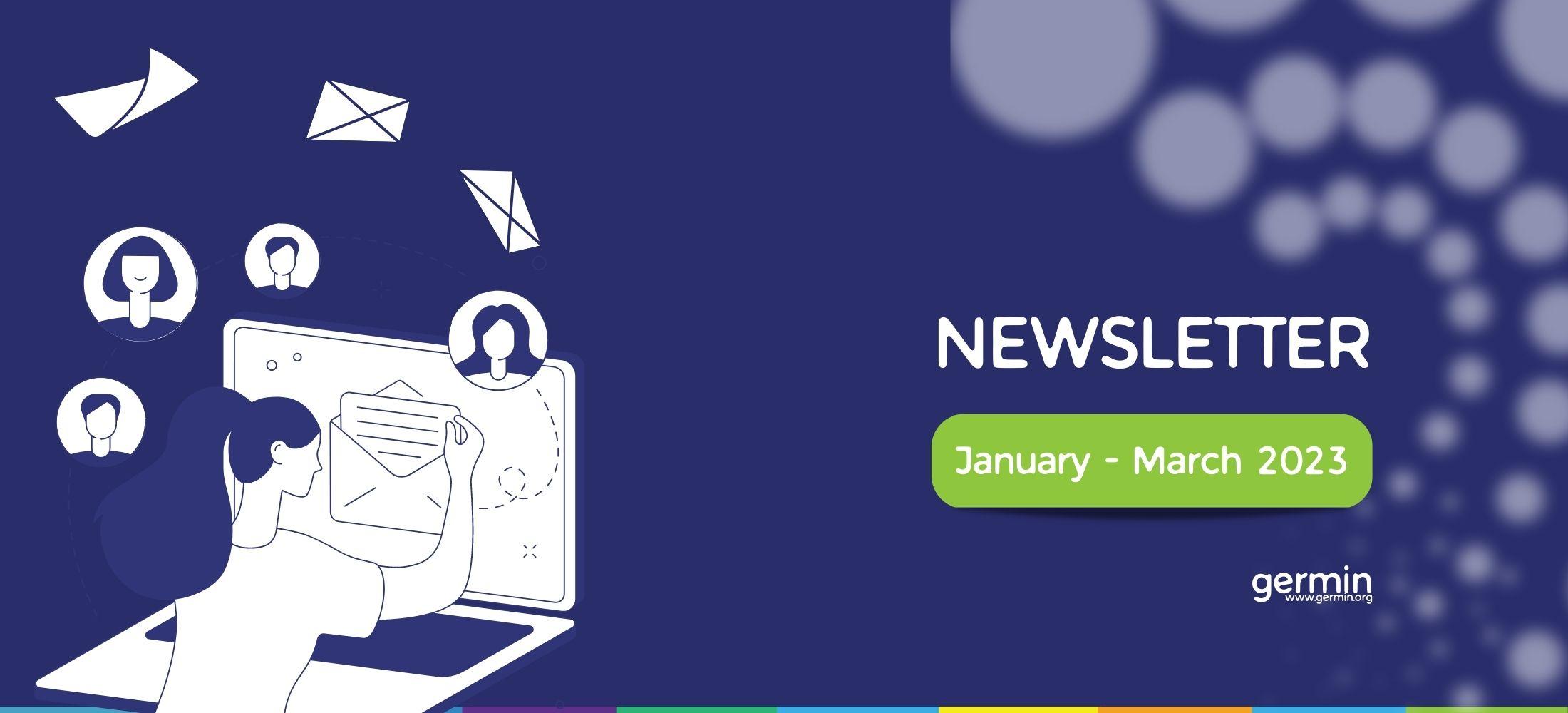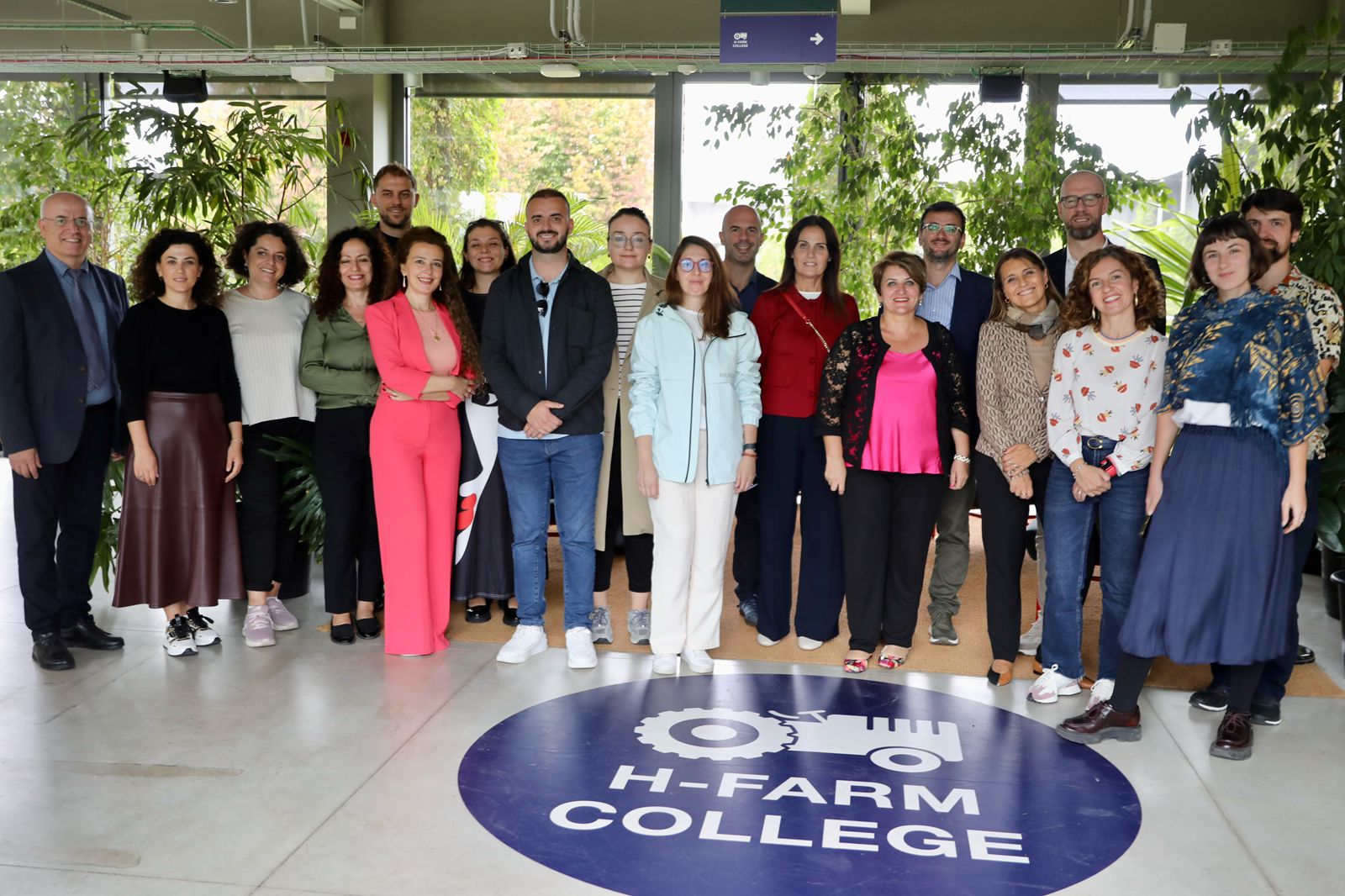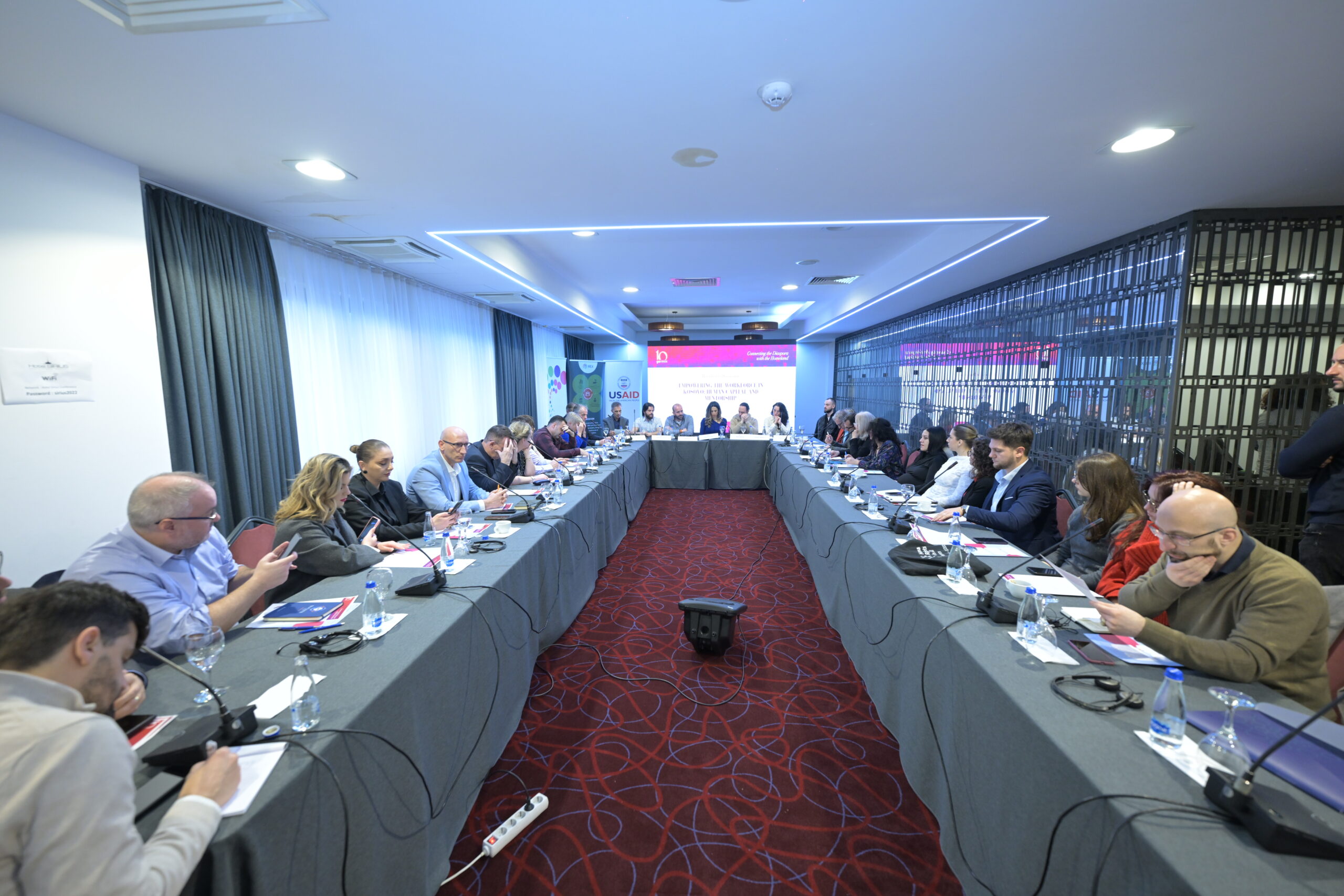In the first three months of the year, GERMIN continued the activities whose first mission is to connect the diaspora with the homeland. In this newsletter, you will be able to understand more about our work from January to March 2023.
GERMIN launches the platform for the engagement of professionals
We have launched the first digital platform for engaging diaspora professionals to collaborate with entities that need their expertise.
The Diaspora Professional Engagement Program aims to facilitate know-how and skills transfer from the diaspora to the countries of origin.
OriginAL 2023 Documentary
After the success of the first OriginAL trip in August 2022, where 40 young people from the diaspora had the opportunity to travel to discover their roots – in January GERMIN released the documentary with the main moments of their journey.
| Virtual Fair of Women Entrepreneurs |
GERMIN held the Virtual Fair of Women Entrepreneurs, within the project “Diaspora for Women Entrepreneurs”, with the support of USAID Kosovo Compete Activity – where 19 women entrepreneurs from different sectors participated. The fair was divided into three sessions and managed to gather 78 participants.
GERMIN part of the Ad-Hoc Commission for Electoral Reform
The co-director of GERMIN, Lirim Krasniqi, participated in the round table of the Ad Hoc Commission for Electoral Reform to discuss diaspora voting. On behalf of GERMIN, he presented recommendations for enabling physical voting in diplomatic missions and expanding voting opportunities by mail.
Meetings continue within the Activity “Peer-to-Peer Mentoring with the Diaspora”
Within the Activity “Peer-to-Peer Mentoring with the Diaspora” implemented by GERMIN and IREX, within the framework of the five-year activity for Workforce Development through the Private Sector in Kosovo (PSED) funded by USAID – continues to bring together experts from the diaspora and the private sector of Kosovo through virtual training sessions to improve the workforce solution.
Engagement of the diaspora in helping the municipalities of Kosovo
Within the project “Diaspora for Local Development” supported by the Swiss CARITAS, GERMIN, has opened a call for professionals in the diaspora who wish to engage for a short-term period in Kosovo. The application can be made by clicking on this LINK.
Also, within the framework of this project, the Youth Center “House of Fellbach” in the Municipality of Suhareka, has received the necessary equipment for the animation courses for the youth of this municipality.
Call for engagement of the diaspora in helping NGOs
GERMIN in March opened the call for the engagement of disaspora professionals in areas where in Kosovo there is a lack of expertise and knowledge that would help NGOs develop new capacities and specialize in their work areas. This activity is carried out within the Citizen Engagement Activity in Kosovo, implemented by the Kosovar Civil Society Foundation (KCSF) in partnership with the United States Agency for International Development (USAID) in Kosovo. The GERMIN organization is a partner of KCSF in realising this activity.
ERMIN launches the dates for the “Diaspora Flet” Conference
On May 18, 19 and 20 we will be together in the “Diaspora Flet” conference. This conference is the only one of its kind, dedicated to the diaspora. During the following days, GERMIN will inform you in more detail about the conference.
GERMIN’s visit to the Union of Albanian-German Businesses in Germany
The co-directors of GERMIN, Sihana Bejtullahu and Lirim Krasniqi and the board member, Ardian Lekaj, met with the philanthropist and businessman Lazim Destani as well as the representatives of the Union of Albanian-German Businesses, Nazmi Viqa, Vllaznim Kelmendi, Shkendije Berisha-Pacolli and Fadil Abdullahu. The development of philanthropy from the diaspora in support of programs such as OriginAL, and cooperation in strengthening ties between businesses from the home countries were the main topics of discussion during this meeting.
Meetings between diaspora mentors and women in politics
Within the project “Cooperation between Kosovo and the Diaspora: Raising the capacities of women in politics at the local level” supported by the National Endowment for Democracy (NED), meetings with more than 50 women of all political entities at the local level and 26 mentors from the diaspora.
Over 500 applications for OriginAL
The call for applications in the OriginAL program was opened at the beginning of March. From March 6 to April 2, the call was open to all young people of the diaspora between the ages of 18 and 24. Over 500 people have applied in more than three weeks since the application call has been open.
Online fundraising for municipalities affected by floods in Kosova
GERMIN, the Global Albanian Foundation (GAF), the BESA Foundation in Germany and the “Oda Hamburg E.v” Association in Germany launched an online campaign in January to help the people from municipalities affected by the floods. The campaign was carried out online and over 5 thousand euros were collected, which will go to the NGOs working with different groups in these municipalities.
| GERMIN with voluntary activities once a month |
Since the beginning of the year we have decided that one day a month as a team we will do voluntary work in places and organizations of social importance. We want to give an example of how voluntary work is a need for the whole community. In January we visited the Home for the Elderly and Without Family Care in Pristina. In February, we made a symbolic donation to the Ukrainian organization “Promote Ukraine” – as a sign of solidarity for the Ukrainian diaspora during this difficult period. And in March, the whole team joined in the demonstration under the call “We should not celebrate for a life without violence against girls and women”.




